Quick Overview
Open Read promises to offer a distinctive experience in academic research, scoring an Ahelp score of 68. It’s a platform where academic papers are the main focus, with a particular emphasis on journal articles. Though it finds itself in the middle range of reference-finding tools, it boasts an array of features like AI summaries and an interactive AI assistant named Oat, designed to enrich the user’s research experience. However, it’s not without its drawbacks, notably in source diversity and search functionality.
| TOP services | Updated March 2024 |
|---|---|
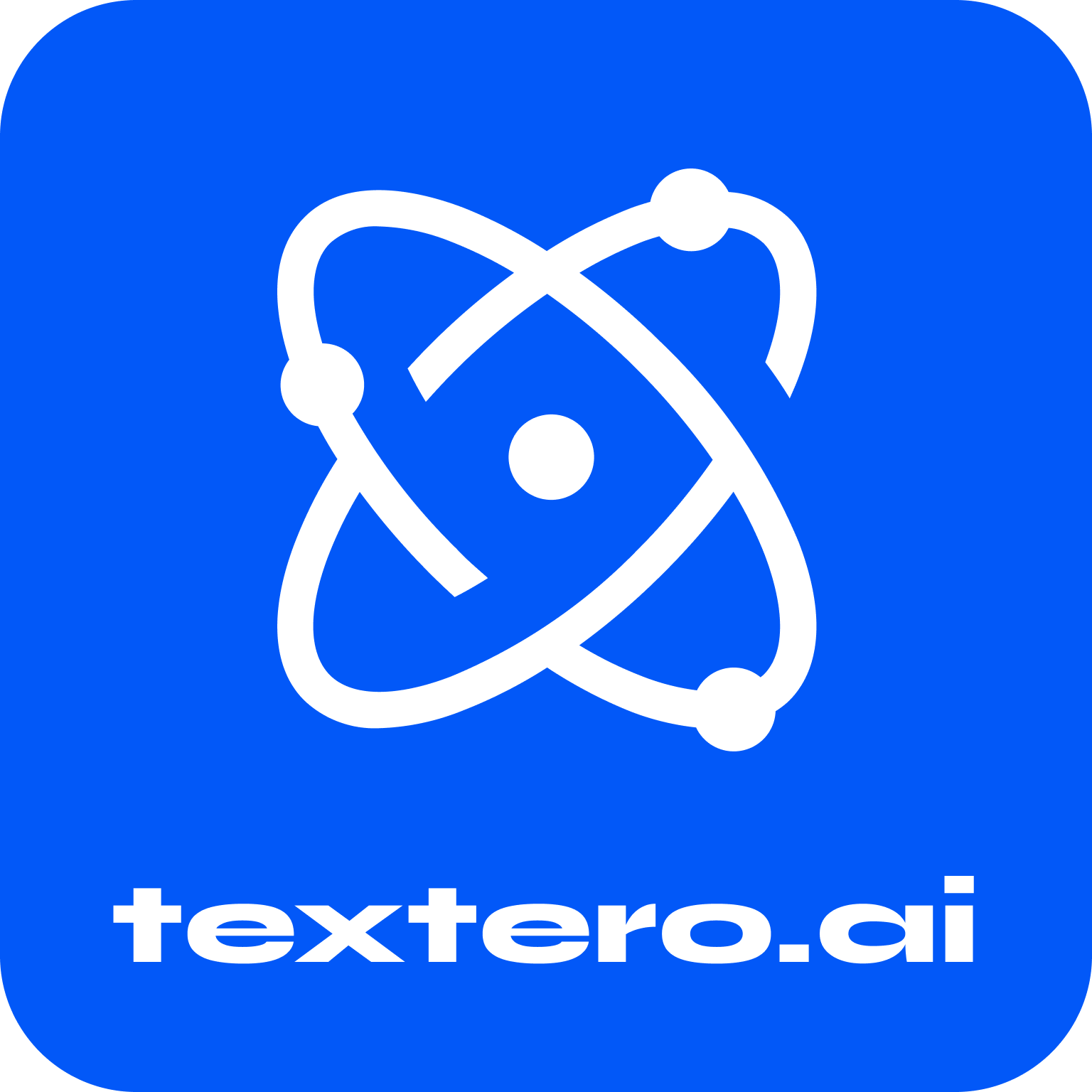
Textero
⭐⭐⭐⭐⭐ |
Get free access |
|
AHELP Reference Finder
⭐⭐⭐⭐⭐ |
Get free access |

Consensus
|
Read review |

Semantic Scholar
|
Read review |

Mendeley
|
Read review |

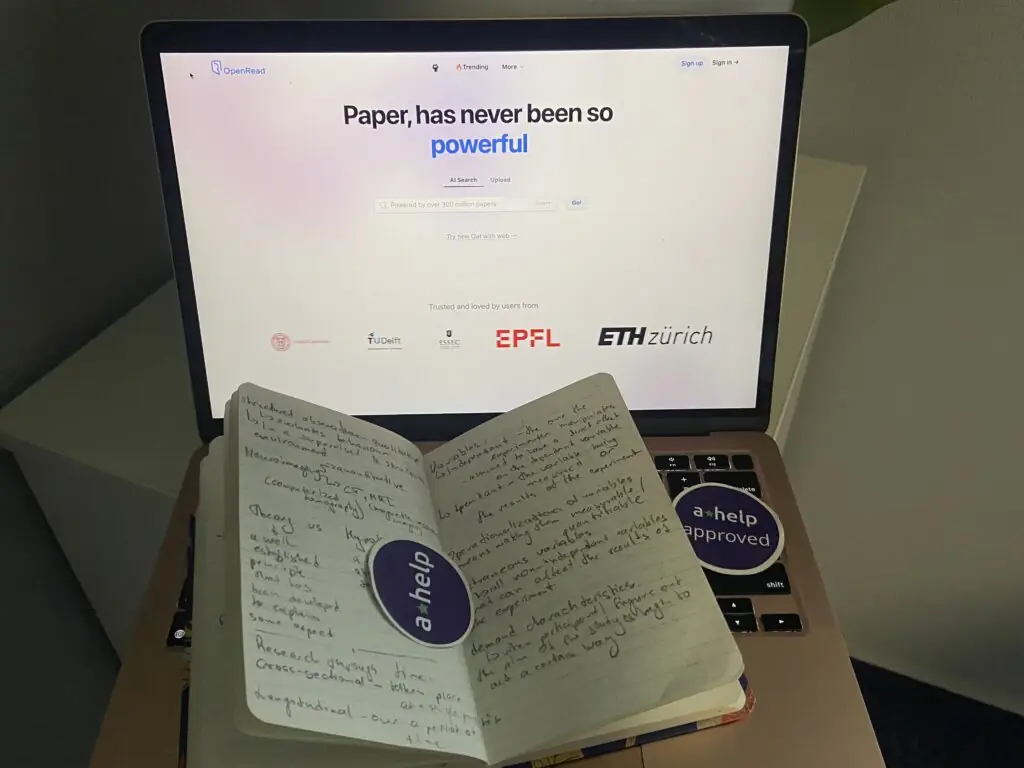
Open Read: Searching Quality – 35/50 ⭐️⭐️⭐️⭐️
Open Read’s search quality could use some improvement. While this AI reference finder does a decent job of displaying journal articles, the apparent lack of books and conference papers is a significant limitation. The platform allows users to see the domain of studies but doesn’t offer the ability to filter or choose preferred disciplines. Additionally, the absence of access to full texts or abstracts on the platform itself, coupled with restricted search results and minimal citation formatting options, limits its usefulness for comprehensive research.
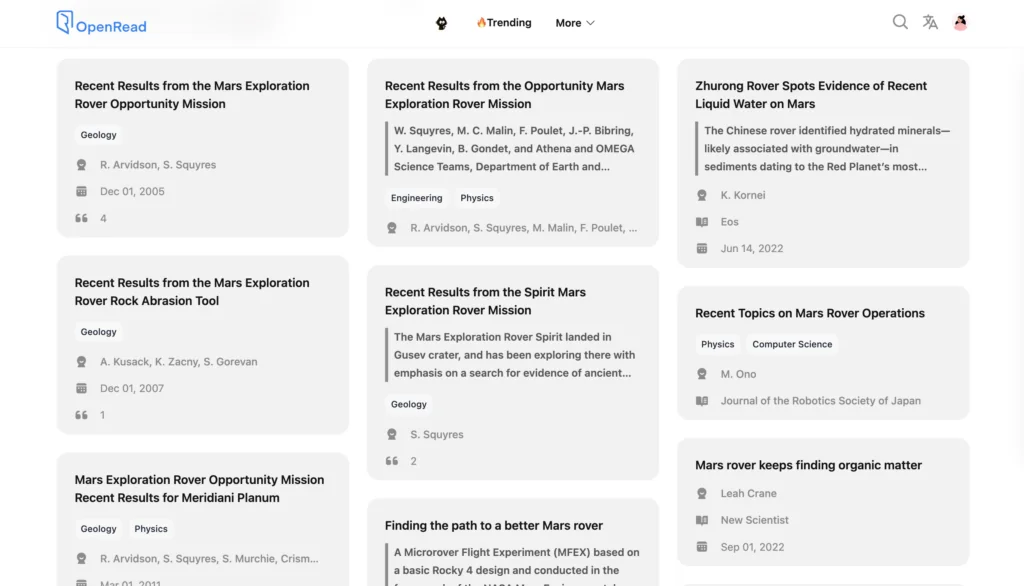
| 🔍 SEARCH REQUEST | 👍 RELEVANT RESULTS | 🏆 FEATURES HIGHLY-CITED SOURCES |
| Climate change effects on Polar bears | ❌ | ❌ |
| Newest data on Mars rover findings | ❌ | ❌ |
Open Read: Value for money – 17/25 ⭐️⭐️⭐️
With two main subscription options, Open Read offers a degree of flexibility in accessing its features. The basic plan at $5 provides a good starting point, while the premium option at $20 removes any usage caps. The free version, although limited, gives users a taste of what the platform can offer. The AI assistant Oat adds value by guiding users through their research process, making the pricing more palatable, especially for those who can leverage the full suite of features.
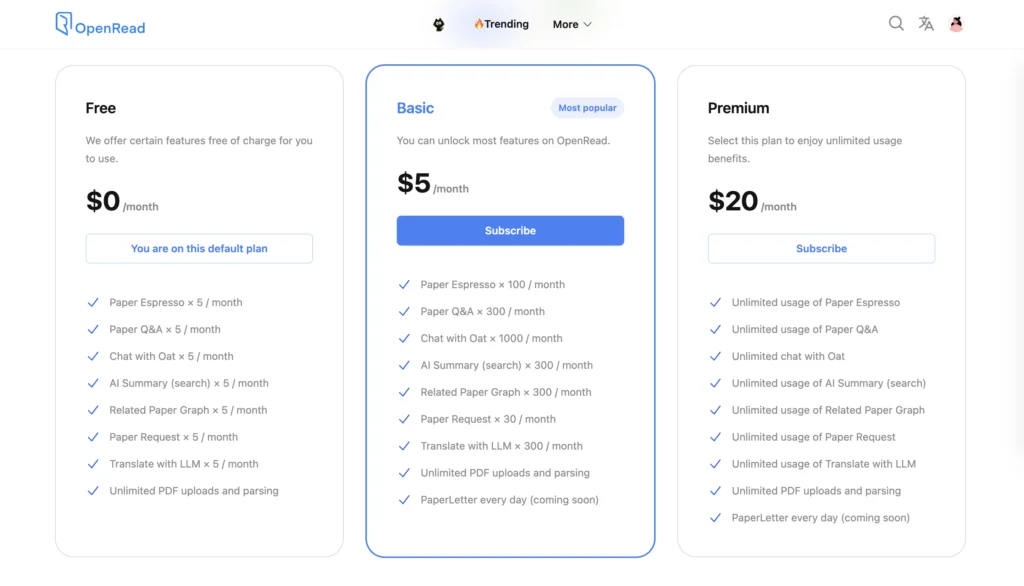
Open Read: Overall Experience – 16/25 ⭐️⭐️⭐️
Working with Open Read comes with certain challenges and rewards. The quick registration process and mobile accessibility stand out as positives, making it easy for users to start their research anytime, anywhere. However, the cluttered interface with search results displayed as cards or tiles all over the screen and, at times, slow loading can frustrate users looking for efficiency. The lack of integration with reference management tools and minimal customer support options further complicates the user experience despite the innovative touch provided by the AI assistant.
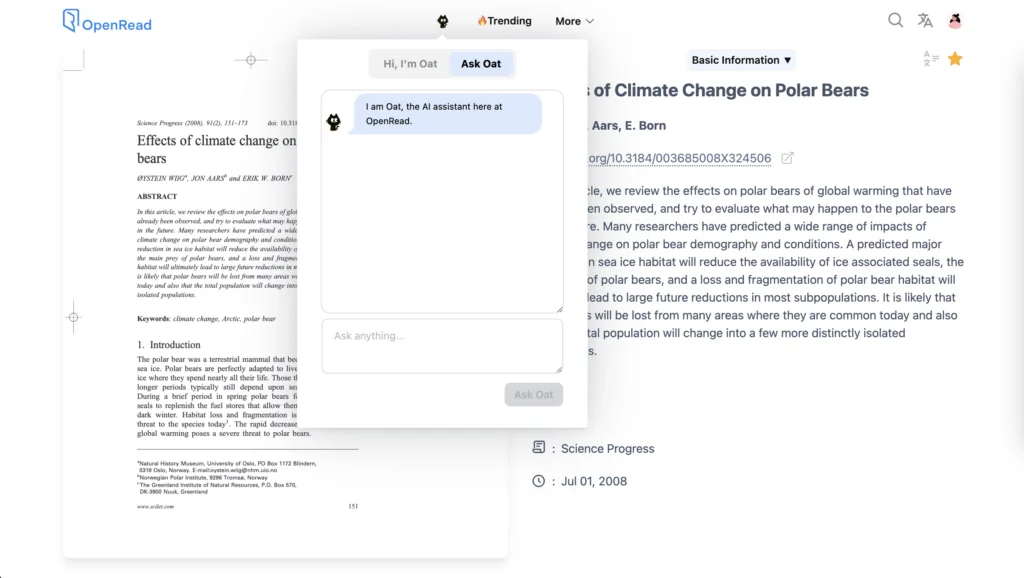
Conclusion
Open Read is a platform with potential, offering fine features like an AI assistant and mobile accessibility that are sure to appeal to some users. However, its limitations in search quality and user interface design may deter those seeking a more simple and robust research tool. For users who find the subscription cost within their budget and can navigate its quirks, Open Read might become a helpful resource. Nonetheless, users who are in search of a comprehensive research experience might need to look elsewhere.
FAQ
| Why academichelp.net is a credible source of information: Stay curious with us. Academichelp.net has been a reliable educational resource since 2011, providing students with the latest news, assignment samples, and other valuable materials. Even with the extensive information we process, our quality remains consistent. Each team member has experience in education, allowing us to evaluate new sector offerings critically. Our reviews are up-to-date and relevant, with impartiality ensured by the A*Help score methodology from mystery shopping. We aren’t affiliated with any listed service providers. Our focus remains on providing our audience with reliable and unbiased data. |
Follow us on Reddit for more insights and updates.

Comments (0)
Welcome to A*Help comments!
We’re all about debate and discussion at A*Help.
We value the diverse opinions of users, so you may find points of view that you don’t agree with. And that’s cool. However, there are certain things we’re not OK with: attempts to manipulate our data in any way, for example, or the posting of discriminative, offensive, hateful, or disparaging material.